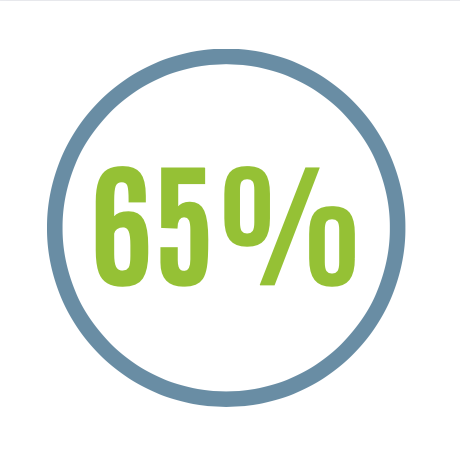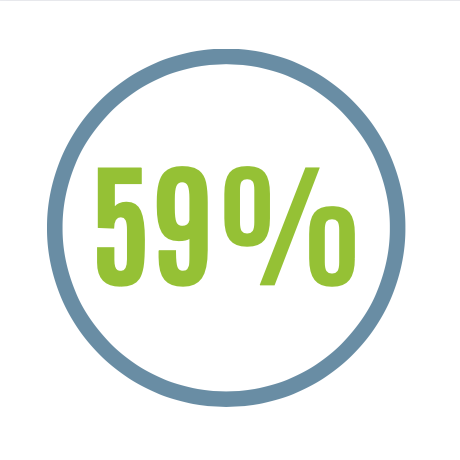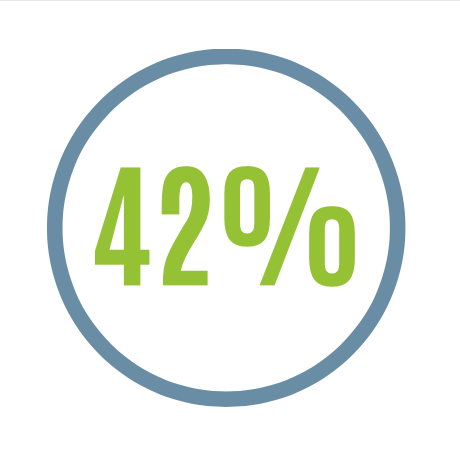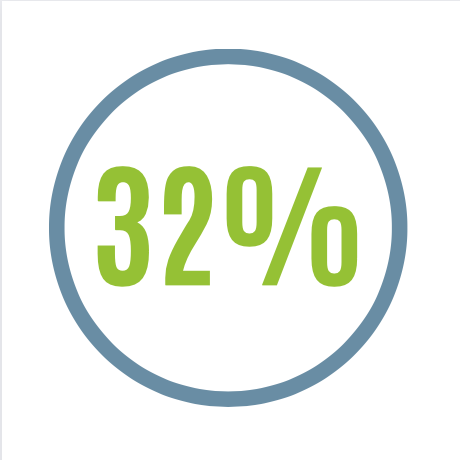Angola is a significant market in Sub-Saharan Africa, with the 5th largest economy by GDP on the continent, and the largest of the Lusophone nations. The economy is powered by the oil and gas sector, with 97% of Angola’s exports being attributed to crude oil. As a result of this, there are many opportunities for highly skilled professionals in this sector. The telecommunications sector is also on the rise.
Life in Angola has many upsides, with its idyllic setting, and a developing education and healthcare sector and the capital city being the hub of culture and entertainment.

Portuguese & English
Luanda
UTC-1
Angolan Kwanza
36 Million
It is recommended that you obtain a job offer before moving to the country, and it is advised that you thoroughly understand the healthcare and security packages you will receive as part of any offer.
Visit this page regularly to see new opportunities in Angola that might be a perfect fit for you.
All foreign employees must apply for their work visa at an Angolan consulate. We recommend doing research to see a list of all required documentation.
All documents must be translated into Portuguese by an official translator and legalized by a public notary, the Ministry for Foreign Affairs, or an Angolan embassy.
Angola has 23 authorised banking financial institutions. Opening a bank account as a foreigner requires extensive documentation including the account holder’s passport, work permit, employment contract and residence card/visa.
Expats are obligated to have a local bank account for their earnings to be paid into.
International schools in Angola range from English to Portuguese and even French speaking schools.
There are 18 Universities in Angola. The top three are; Agostinho Neto University, University Óscar Ribas and Catholic University of Angola which are all in Luanda and welcome local and international students.
Setting up a business in Angola can be a good decision for entrepreneurs. The Angolan government welcome foreign investors and encourage the registration of no-resident companies as much as resident companies.
We recommend getting in touch with the UK – Angola Chamber of Commerce for more information.
Expats in Angola, as well as local citizens who can afford it, generally choose to invest in private health insurance which allows them access to private healthcare and usually covers emergency evacuation to better healthcare facilities in nearby South Africa. Employers will normally provide expats with international health insurance.
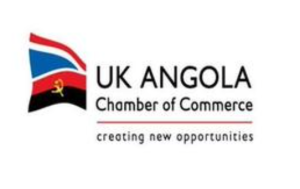
The Chamber reflects the increasing number of companies in Angola of British origin or doing business with Britain, and their determination to build on their achievements so far.
The Chamber intends to support its members in building their business in Angola and the region. It will engage the Angolan authorities on the development of the business environment. The Chamber will also collaborate with other business groups and foster strong ties with other British Chambers of Commerce, regional counterparts and with UK Trade & Investment.
Membership is open to British, Angolan and international companies with a common interest in developing UK and Angola business.
